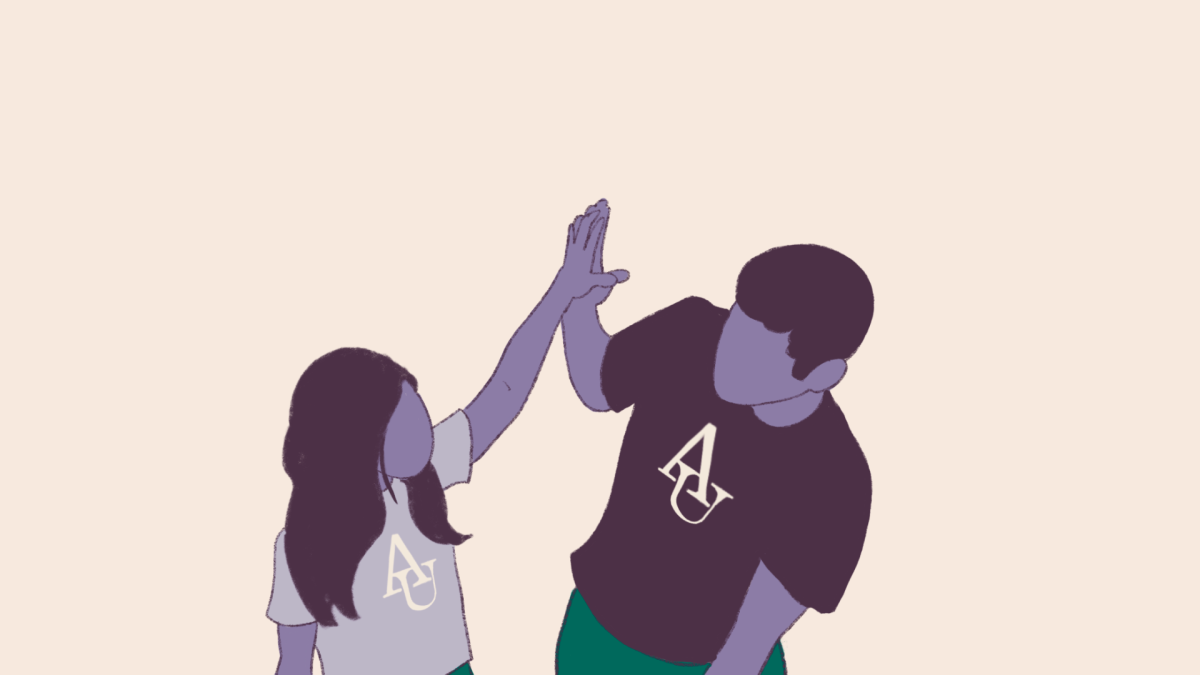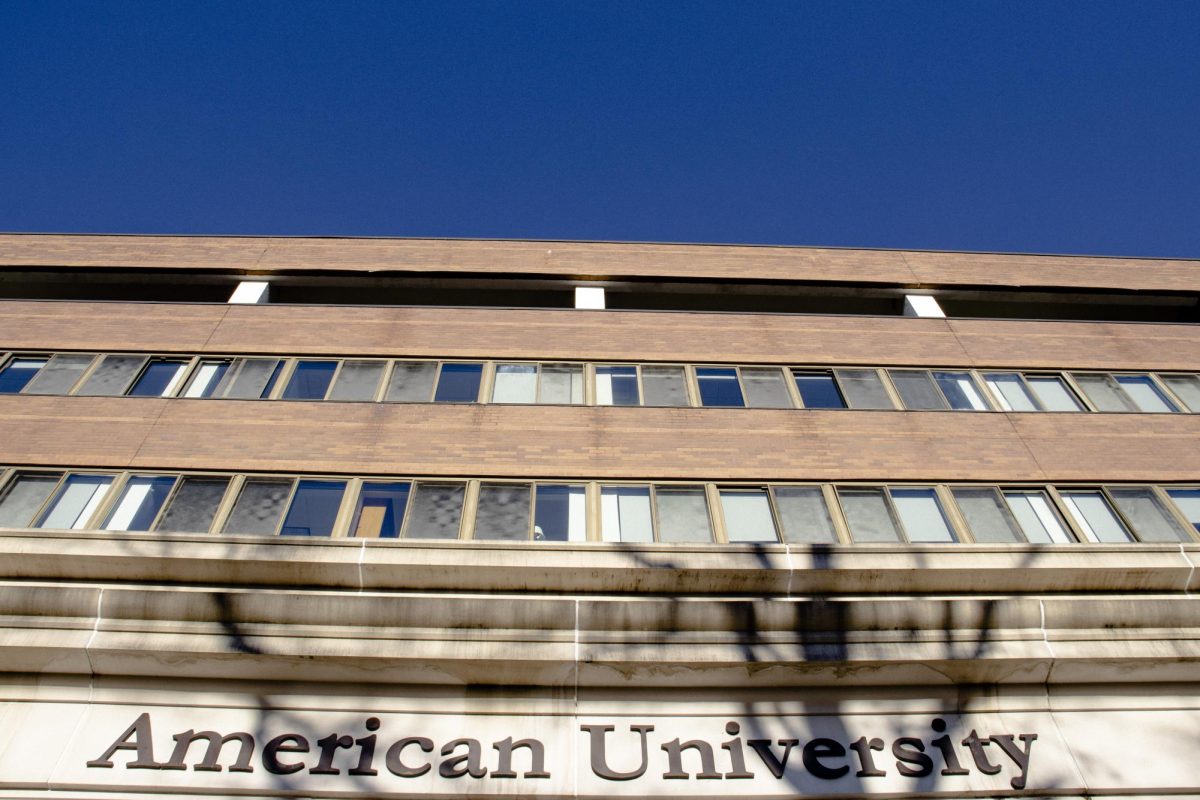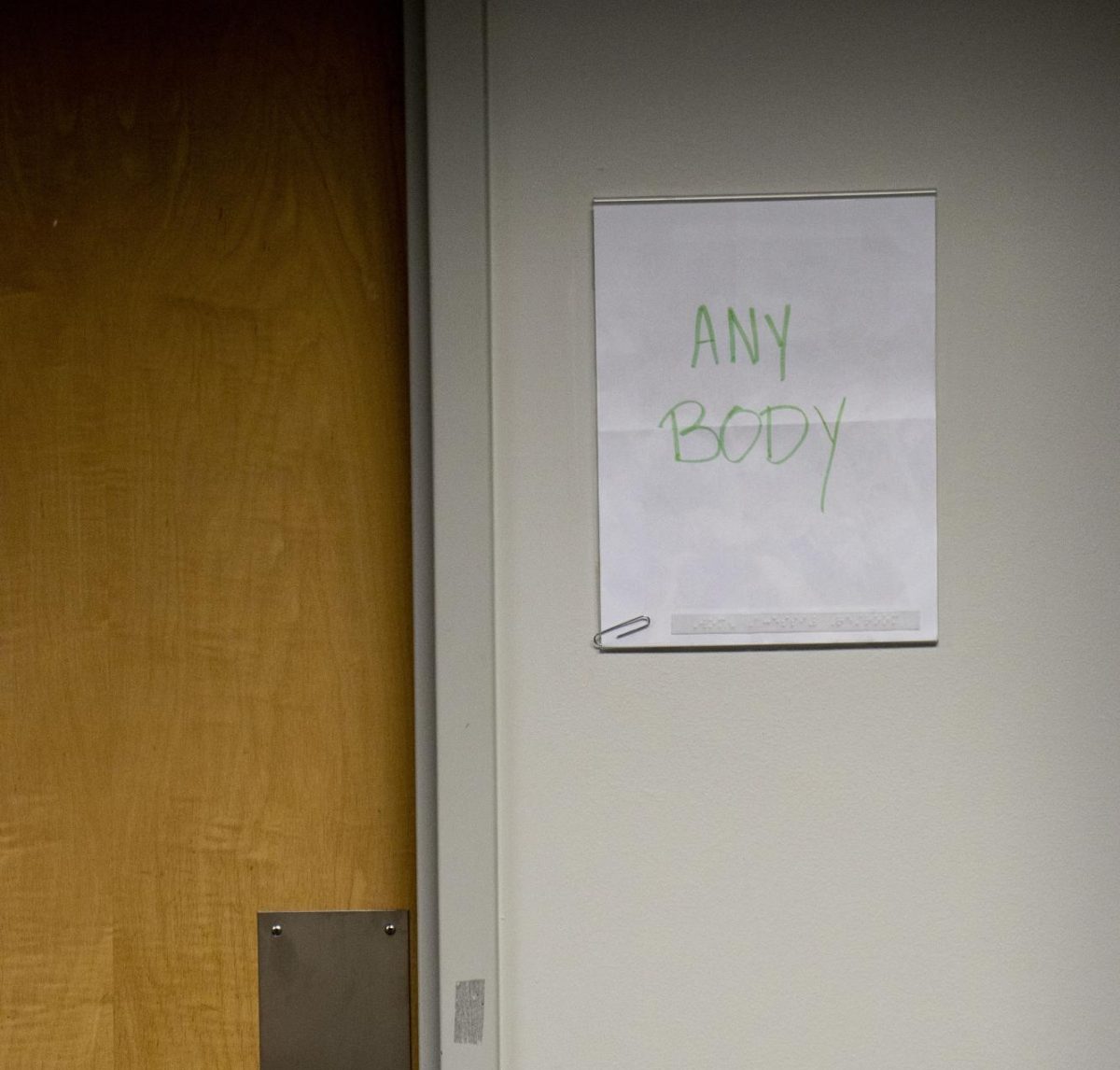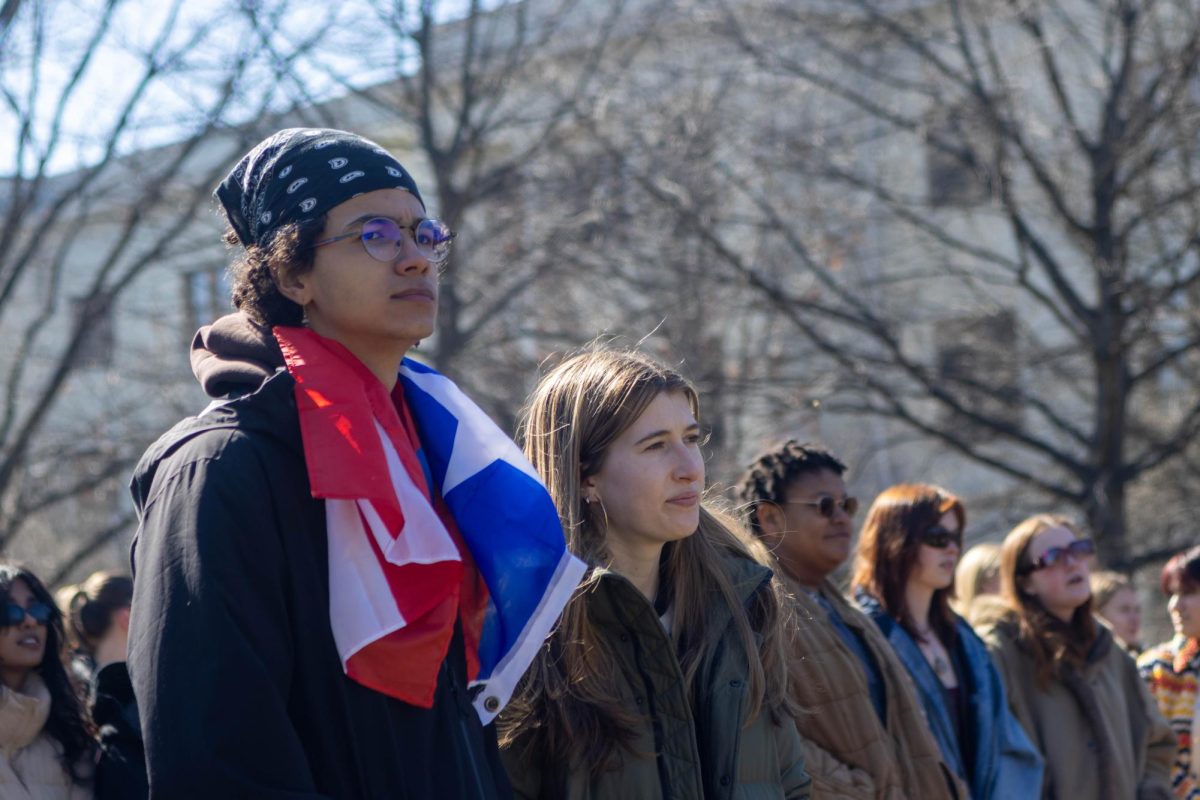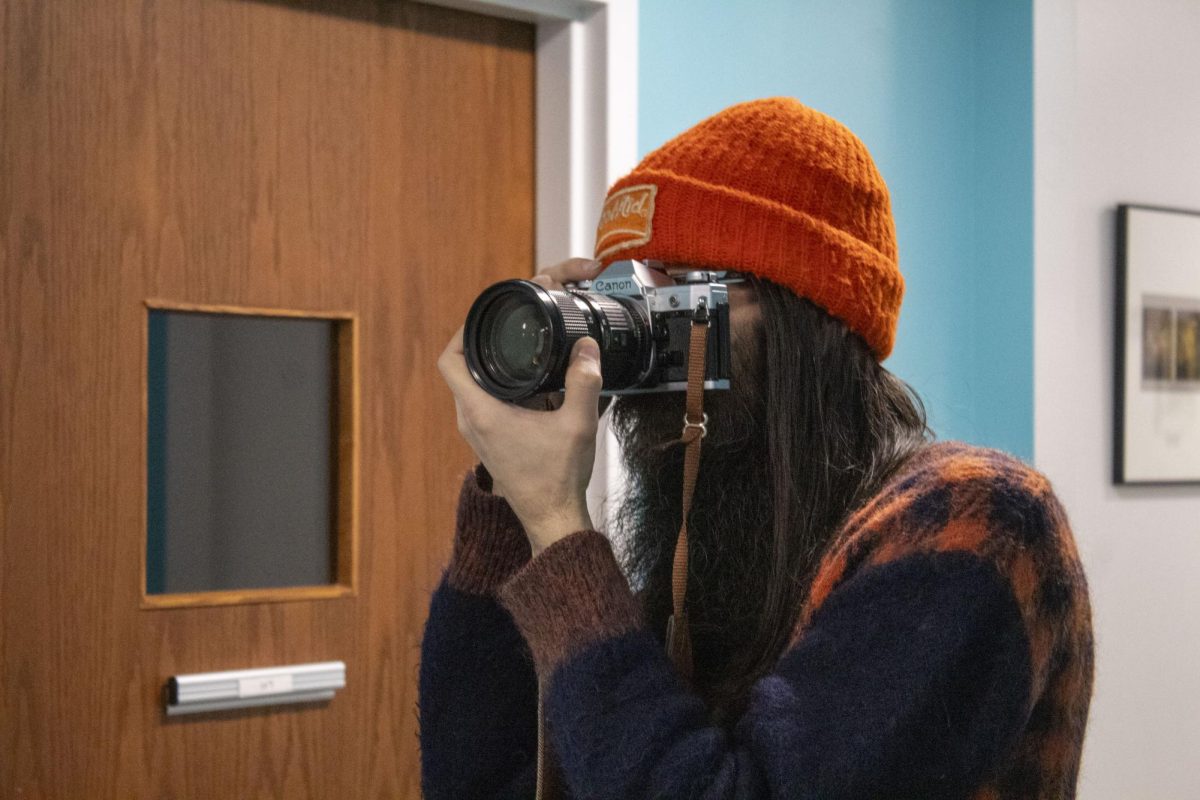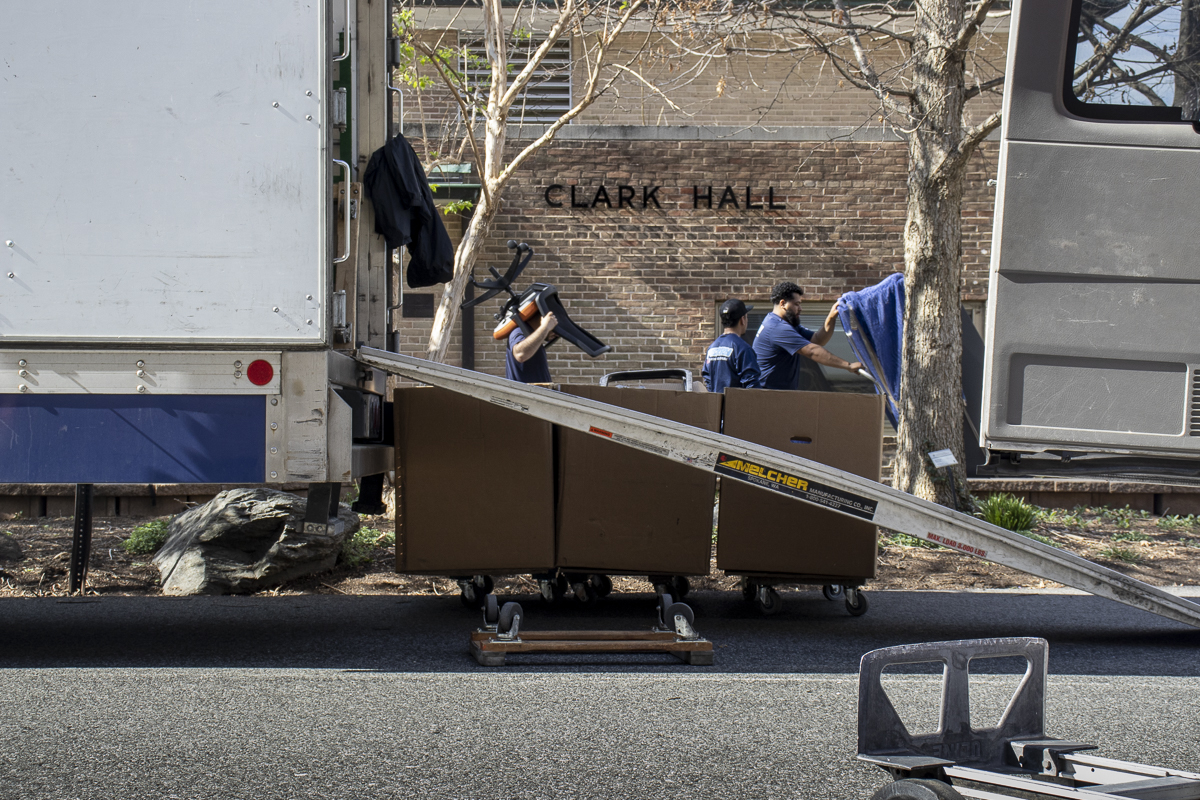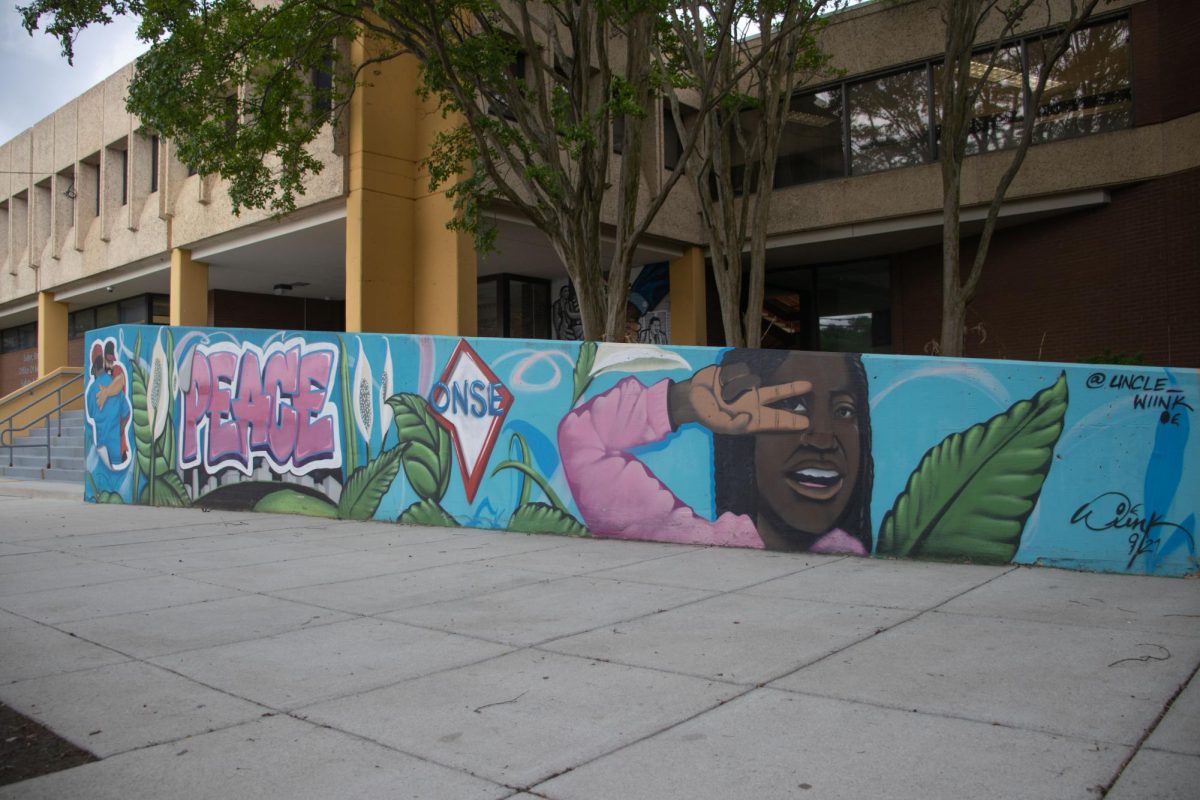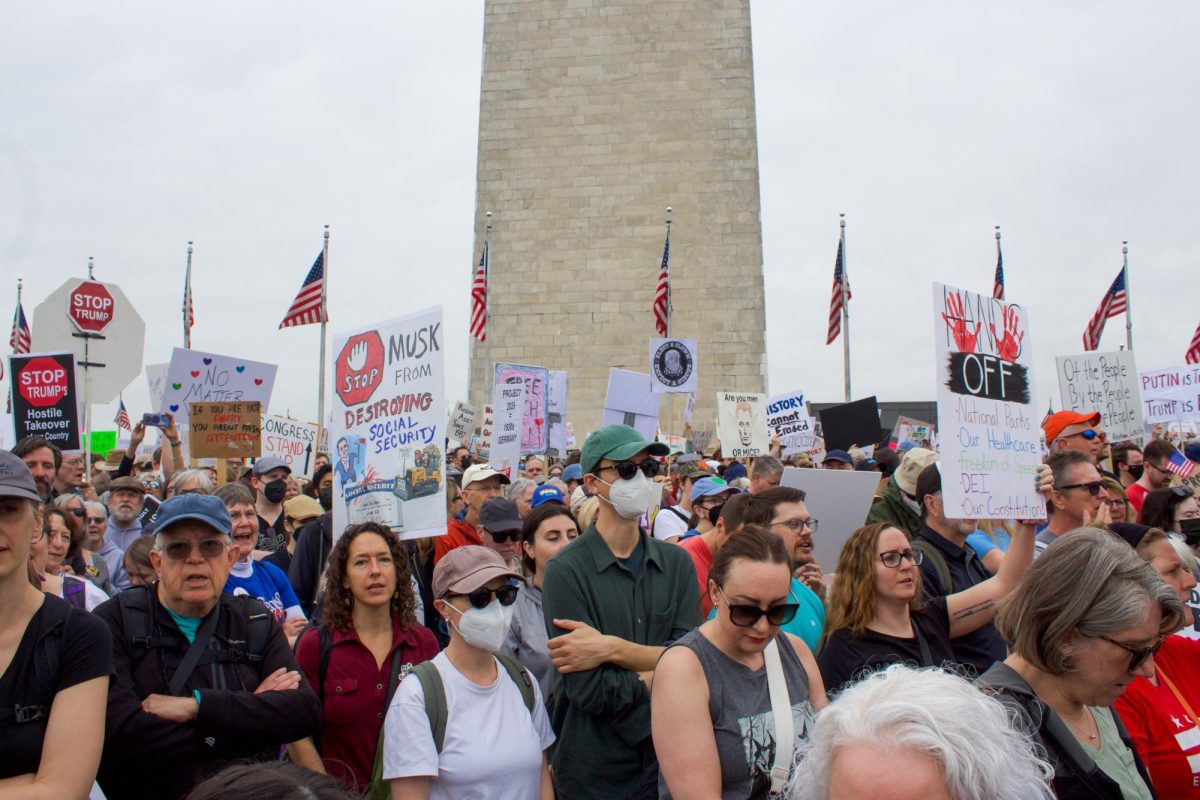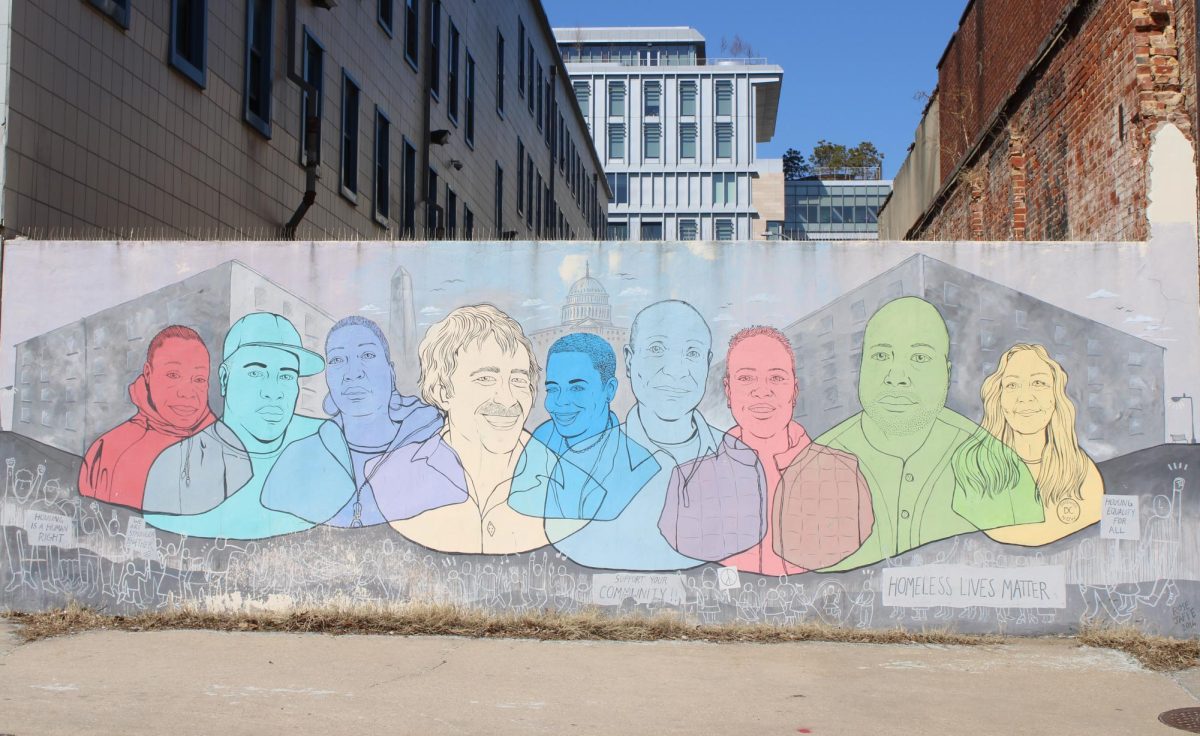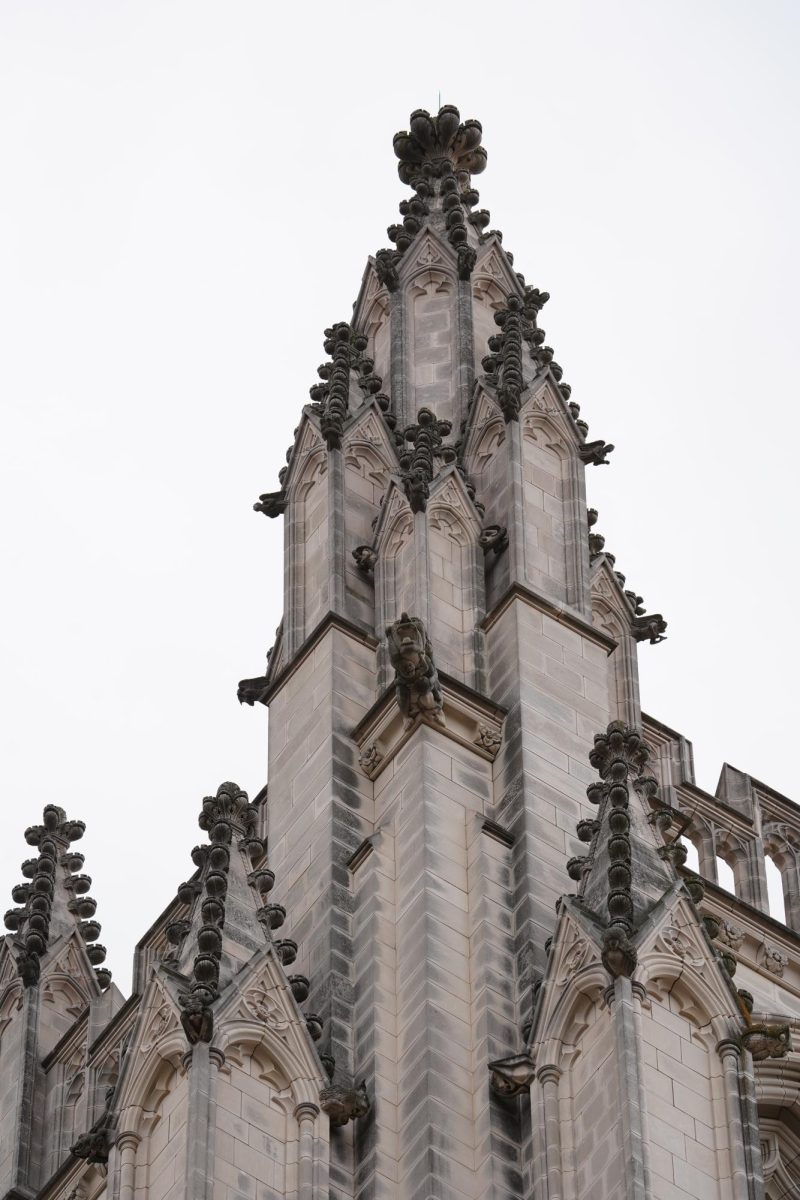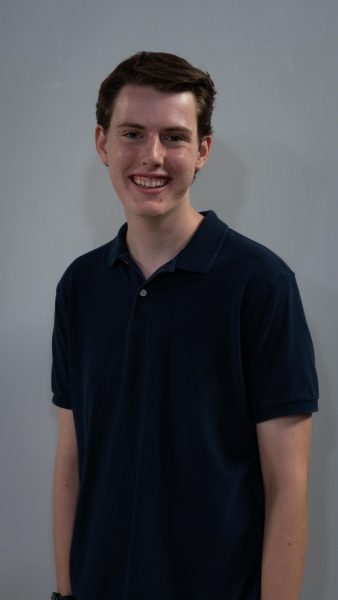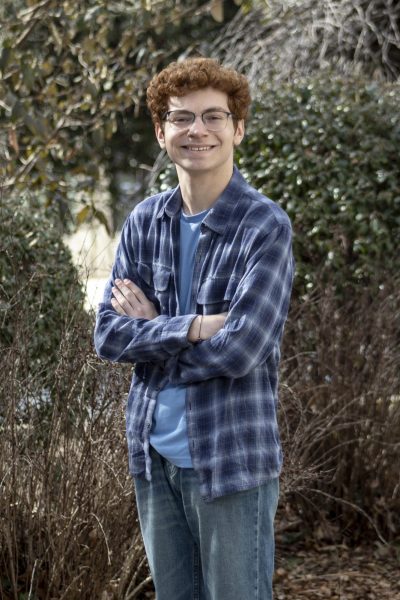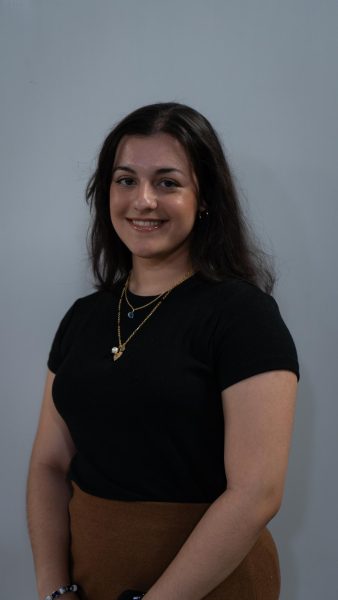When Sensi Messner-Baker stepped into a classroom in northeast Washington, she said, it lacked the basic tools students needed to thrive. As a tutor with DC Reads, she saw firsthand how a shortage of supplies and books hindered learning.
Messner-Baker worked at a school in 2024 where most students were below the poverty line, she said.
“So, within the classroom I tutored at, there were very little supplies,” she said.
The sophomore wanted to make a difference, so she turned to American University’s Eagle Endowment for Public and Community Service for help.
Through the Eagle Endowment grant, she launched “Cover to Cover” last spring, a project which provided new books and resources for elementary students, she said.
The school, Miner Elementary, needed whiteboards, erasers, decorations and writing utensils, according to the Eagle Endowment’s page for 2024 grants.
“I used the Eagle Endowment grant to refurbish the classroom supplies and I put an emphasis on creating a safe learning space for the children,” Messner-Baker said. “I also used the money to create a stronger class library and had a book fair for the students to take books that interest them and then also build up the class library.”
Messner-Baker is among several students who have used AU’s Eagle Endowment since it launched in 2001. It provides funds for service-based projects that address community needs on campus and around the region, according to AU’s webpage for the Eagle Endowment Council, which works with recipients to provide education and alumni connections to help with projects’ success.
Each year, the Eagle Endowment funds student-led community service projects through a winter and spring cycle, awarding grants ranging from $100 to $1,000 to individuals and student organizations, according to AU’s webpage for the grants.
The awards include the Dr. Martin Luther King Jr. Award in November, the Back to School, Back to Service Award in the fall and the Spring Award in March, according to the page.
The Eagle Endowment is the first in the nation to operate without relying on student fees or direct university funding, instead sustaining itself entirely through awards and fundraising, according to AU’s letter of intent for a 2017 national philanthropy contest.
Teddy Busser, the marketing chair of the Eagle Endowment, said the program is meant to support students who want to get involved in helping the community.
“I think, a lot of the time, students don’t feel like they have the power to change things, and often power is associated with wealth and money and just having the extra resources to extend a hand,” Busser said. “That’s why the Endowment exists, to extend a hand to these students who have these ideas and to extend a hand to the community.”
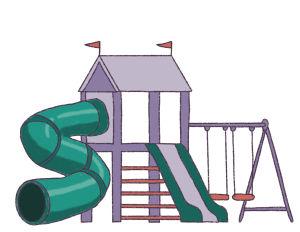
The Endowment traces back 25 years to Project Playground, an AU student-led effort that brought 400 volunteers and $50,000 in community donations to build a playground in Southeast Washington, according to AU’s Eagle Endowment FAQ webpage.
In 2001, the project’s remaining funds were donated by the student behind Project Playground to establish the Eagle Endowment, according to AU’s webpage on the Endowment’s history.
Today, the program is overseen by a coordinator and an advisory council of six graduate and undergraduate students, according to AU’s Eagle Endowment Council webpage.
Before students receive their grant, they have to apply for the funding and the Council has to review it. That application requires students to develop a project budget, Busser said.
“We ask for how much money you’ll be using,” Busser said. “We like for students to get exact, but if you can’t give us down to the cent, that’s alright. We’ll work with you.”
Applicants must also state how they plan to track the project’s goals.
“And a big way we ask for students to define that is by asking them how they are going to track the data,” Busser said. “So, is data going to be quantitative? Is this data going to be qualitative? Are you going to be using a spreadsheet? Are you going to be using a document? Are you going to be using interviews, voice recordings, videos, photos? We just want to know the type of text you’ll be using to make sure your project is working, is succeeding.”
Once the application concludes, members of the advisory council deliberate, said Benjamin Winokur-Applebaum, a sophomore and the council’s community engagement chair. The council then releases decisions to applicants, according to AU’s Eagle Endowment Council webpage.
The discussions take two weeks, Winokur-Applebaum said. After that, members write plans for how to best support the projects going forward, he said.
Silvia Postigo, a junior, received a $500 grant in Fall of 2023, according to AU’s webpage listing Eagle Endowment projects. She said she applied for a grant to address food insecurity in the Washington area. After the Council awarded her the grant, over 30 students made 231 turkey and cheese sandwiches with the nonprofit Martha’s Table, according to the webpage.
Postigo said she saw the grant as an opportunity to bring an idea to life.
“I think that it grants students not just the funding but the support they need to make those changes,” she said.
Before she could start her sandwich operation, however, Postigo had to specify the budget, goals and steps behind her project.
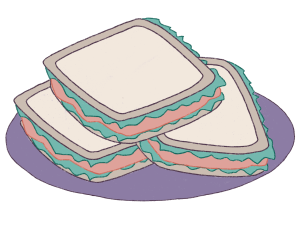
“And because they make you do that, that’s how to turn ideas into action,” Postigo said. “So, that was really, really important. And then, they were also really helpful in helping me surpass some of the administrative barriers that you face when doing these types of projects.”
Postigo said she found the mentorship from the Eagle Endowment Council encouraging.
“They’re very understanding, and once you’re far up enough in the process, they know how dedicated and committed you are to it,” she said. “They trust that you’re going to make it work.”
Postigo said the Eagle Endowment is more than financial support and it offered her the opportunity to connect with the AU community.
“I think that [the Eagle Endowment] grants students not just the funding but the support they need to make those changes,” she said. “So, I do think it really aligns with the spirit of AU.”
Messner-Baker currently oversees fundraising and project implementation as the Endowment’s development chair.
“My role is to mentor students who are currently completing their projects,” she said. “So, I really have a lot to do with the implementation of projects.”
She said she hopes more students take advantage of the program.
“I think that Eagle Endowment is such a great opportunity at AU, and I really wish more people would utilize it because it’s so great to have a network of people who want to help you in getting a community project done and help you live out those passions that way,” Messner-Baker said.
This article was originally published in Issue 36 of AWOL’s magazine on April 15, 2025. You can see the rest of the issue here.
Editing by Ben Austin, Will Sytsma, Ava Ramsdale, Julia Cucchiara, Bailey Bish, Kalie Walker, Stella Camerlengo, Caleb Ogilvie, Grace Hagerman and Alexia Partouche.


